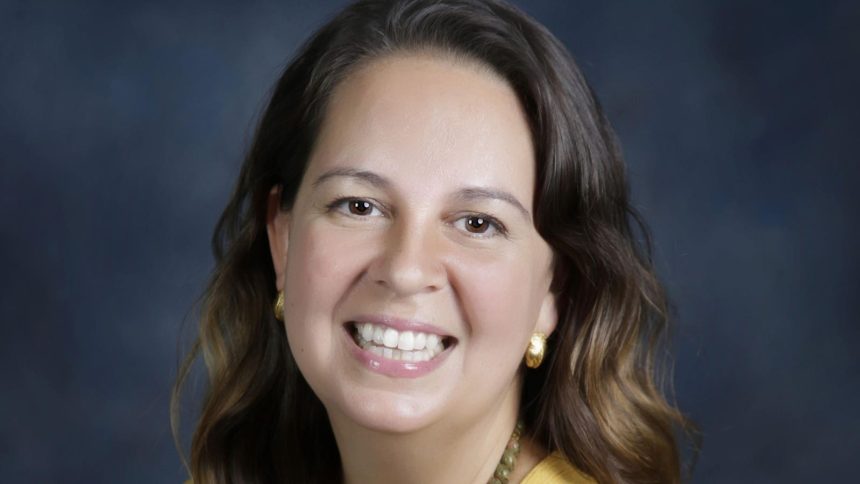Building wealth in underserved communities, particularly among Latino residents, significantly hinges on the establishment and success of small businesses. Unfortunately, entrepreneurs in these communities encounter substantial hurdles when it comes to securing the necessary capital to start their ventures. The barriers they face extend beyond just a lack of funds; they include insufficient relationships with lending institutions, language obstacles, and systemic discrimination that has persisted over time. This Catch-22 not only inhibits the growth of individual businesses but also stifles overall community economic development. Hence, there is a pressing need for organizations that focus on bridging this capital gap and empower local entrepreneurs to thrive.
The National Association for Latino Community Builders (NALCAB) plays a vital role in addressing these challenges. As a U.S. Department of Treasury-certified Community Development Financial Institution (CDFI), NALCAB mobilizes resources from private foundations, corporations, and federal entities to directly support Latino entrepreneurs. With a network of over 200 members across the country, including Washington D.C. and Puerto Rico, NALCAB is dedicated to deploying necessary capital to areas that need it most. They enable financial access and facilitate the growth of small businesses by providing a much-needed lifeline in financial support and community development initiatives.
Marla Bilonick, the President and CEO of NALCAB, embodies the dedication to improving the economic landscape for Latino communities. Her background, marked by experiences of financial insecurity despite proximity to wealth, informs her commitment to community development. Bilonick’s journey through various positions in economic development, microfinance, and direct work with small business owners has equipped her with a profound understanding of the systemic challenges that these entrepreneurs face. Her leadership at NALCAB stems from a desire to enhance access to opportunity for Latino business owners and to provide them with the agency to reshape their economic futures.
Under her guidance, NALCAB has spearheaded numerous initiatives aimed at strengthening the financial position of Latino-owned small businesses. Notably, the formation of the National Alliance for Latino CDFI Executives (NALCE) exemplifies NALCAB’s commitment to providing specialized support to its member organizations that lend to small businesses. Additionally, Bilonick’s role as the first Latine Chair of the CDFI Fund’s Community Advisory Board underscores NALCAB’s involvement in shaping federal policies that impact small business funding. By fostering collaborations with federal agencies and corporate partners, NALCAB enhances the capacity of local organizations to deliver needed technical assistance and resources, facilitating a thriving ecosystem for Latino entrepreneurs.
The landscape of capital access for Latino business owners is fraught with challenges, including lack of credit history, language barriers, and discriminatory practices. NALCAB addresses these issues by acting as an intermediary that provides both funding and resources to its member organizations that are small business lenders. By offering a loan guaranty product, NALCAB enables members to support businesses that may not fit traditional lending criteria—a significant hurdle for many Latino entrepreneurs. The Acceso Fund further bolsters this approach by allowing CDFIs within the NALCAB network to funnel larger loan amounts to businesses in need, thus promoting their growth and sustainability.
A noteworthy distinction between CDFIs and traditional lenders is the agility and personalized approach that CDFIs bring to the lending process. CDFIs prioritize building relationships with borrowers, using a flexible strategy that considers the entire financial picture of an entrepreneur rather than rigid credit scoring mechanisms. This effort fosters trust and opens up channels for ongoing communication, allowing CDFIs to provide technical assistance and tailored solutions that can help businesses navigate challenges. Additionally, NALCAB recognizes the importance of green lending and sustainable financing, understanding that environmental responsibility not only benefits communities but can also lead to economic savings for businesses in the long run. Through initiatives like the Justice Climate Fund, NALCAB aims to educate and empower its members on sustainable practices, further enhancing the resilience and ethical foundations of the businesses it supports.
In summary, NALCAB’s work exemplifies a proactive approach to dismantling the barriers that have historically impeded the growth of small businesses in Latino communities. By mobilizing resources, fostering collaboration, and providing tailored support to its members, NALCAB is playing a critical role in making economic opportunities more accessible. Marla Bilonick’s leadership ensures that the voices of Latino business owners are heard in policy discussions and programs designed to aid economic development. Through initiatives geared towards entrepreneurship, capital access, and sustainability, NALCAB is committed to empowering communities, promoting wealth-building, and fostering a richer economic tapestry in underserved areas across the nation. As these efforts gather momentum, the potential for transformative change in the economic landscape for Latino business owners becomes increasingly tangible.



